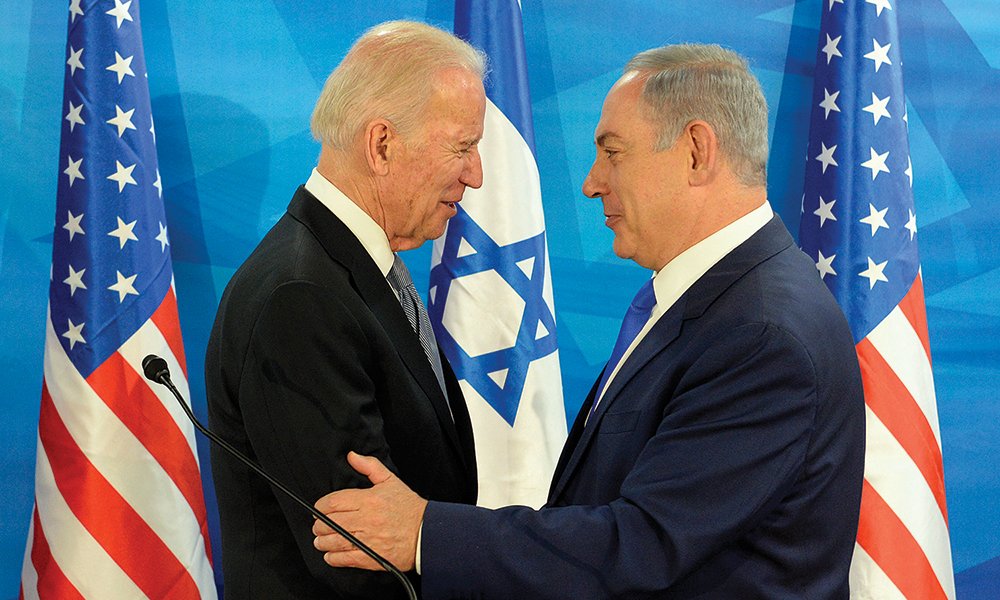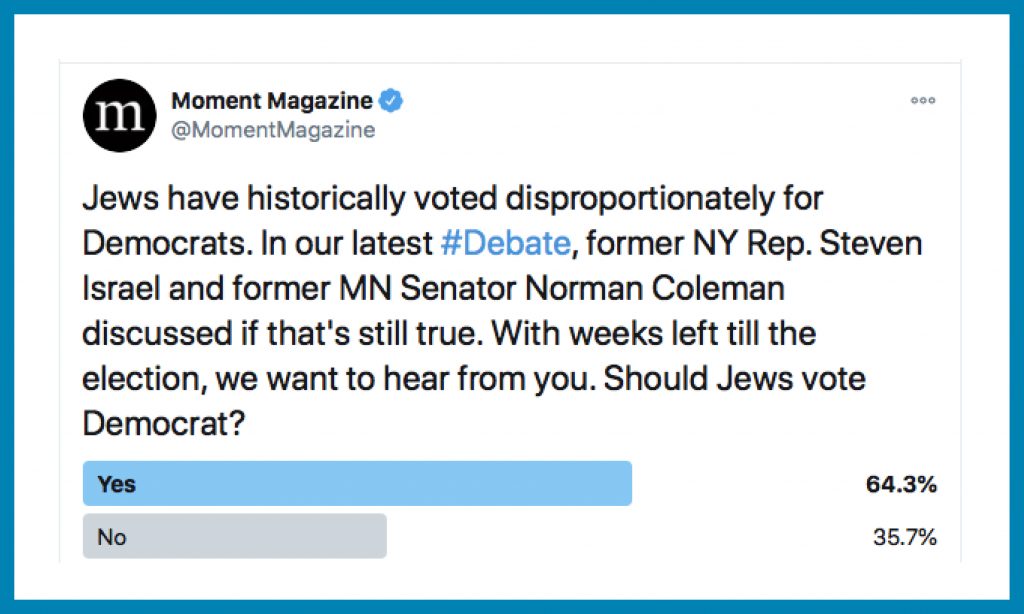Until the doors of Warsaw’s POLIN Museum of the History of Polish Jews opened six-and-a-half years ago, many observers, myself included, were diffident toward this new institution. Many were worried that the museum’s innovative concept—telling a story with props, rather than, in the traditional way, showcasing objects—would lead to a Disneylandization of a serious subject. Others shared concerns that the museum, giving in to a swelling trend in Polish public opinion, would whitewash the many contentious, and at times horrible, episodes of Polish Jewish history.
And all wondered if professor Dariusz Stola, the museum’s director, would be up to the task. Neither Jewish nor a specialist in Jewish history—his field is 20th-century Polish political history—Stola seemed dangerously unprepared for the demands of the office and the political minefield he was walking into. No other aspect of Polish history, not even the years of postwar Communist Poland, raises as many hackles as the centuries of Polish-Jewish coexistence and conflict that ended in the horror of the Shoah.
Yet today, the museum elicits a consensus of approval among most visitors, both Polish and Jewish (itself a major miracle). It has also become obvious that the success of the institution, recognized in 2016 as European Museum of the Year, is largely the handiwork of its director. Stola has not only directed the museum competently and creatively; his knowledge of Jewish history is also impressive and his ability to dance between political mines breathtaking. He has, for instance, unequivocally criticized Poland’s infamous “Holocaust law” of 2018, which penalized ascribing blame to Poles for crimes of the Shoah (the penal article was eventually revoked, but the issue still rankles).
So when his term in office ended in February 2019, observers were certain that he should, and would, be reappointed for another term, as he had requested. Only one person appears to have disagreed: Poland’s powerful minister of culture and deputy prime minister, Professor Piotr Glinski.
The museum is a unique public-private partnership among three parties. The city of Warsaw provided gratis the plot of land, in the heart of the former ghetto, on which the museum was built; the government paid for the construction; and a Jewish NGO, the Jewish Historical Institute Association, assumed financial and substantive responsibility for the exhibition itself. According to museum bylaws, all three need to agree on any major decisions—and the appointment of the director is certainly one of them. The association and the city, run by the liberal opposition, enthusiastically endorsed Stola. The nationalist ruling party, PiS, had other plans.
Minister Glinski announced in February that he would not reappoint the director. He never clearly explained his reasons; the one he sometimes invokes—that Stola allegedly refused to host a conference at the museum on the role of Jews in the political philosophy of former president Lech Kaczynski—is false. Stola repeatedly stated that he would be glad to host the conference, but since the museum is an academic institution, the organizers needed to find an academic partner. They never did. There was no reason for Stola to object to the conference: The late President Kaczynski was one of the initiators of the POLIN project and a staunch supporter of the museum. But the allegation, though disproved, is explosive among ruling party supporters. The president—who was the twin brother of Jaroslaw Kaczynski, the party’s current leader—died in an air crash in Smolensk that the party believes was a concealed Russian assassination, and any slight, real or imaginary, to his memory is seen as lèse-majesté.
The real reason for Stola’s non-reappointment seems to be his refusal to cave to the party’s ever-more-strident line in what it calls “historical policy”—that is, its insistence on denying any wrongs Poles and Poland might have committed against other nations and against the Jews in particular. The director’s special sin was a temporary exhibit on the 50th anniversary of the anti-Semitic campaign of March 1968. The government took the position that, since Poland was then ruled by Communists and ultimately from Moscow, “it did not exist”—in the words of Prime Minister Mateusz Morawiecki—and therefore has no responsibility for the 1968 events. The exhibition, which became Poland’s most popular historical exhibition ever, did not overtly address the issue of responsibility. But the last item was a billboard with quotes, unattributed but recognizable, by contemporary Polish figures, paired with very similar anti-Semitic statements made 50 years earlier. Regardless of who was responsible then, it implied, the hatred continues now.
When Glinski refused to reappoint Stola, a stalemate ensued. The parties eventually agreed to an open contest, with a 15-member jury appointed equally by all three entities. Academics nationally and internationally rallied behind Stola, who reapplied—and in May obtained 12 of the 15 votes. This means that his counter-candidate, who had no relevant experience, convinced only three of the five ministerial appointees to the jury. It seemed that the case was closed—but Glinski, almost half a year later, still has not signed Stola’s appointment contract. Under the law, only he has the power to do so, and no law imposes a deadline on his decision.
Thus the museum, run by an interim director, is paralyzed. No major decisions can be made, and donors are pulling away, fearing a government takeover of this independent institution. There is no political reason for the government to relent—reappointing Stola would cost the ruling party far-right votes. But the museum cannot function in limbo indefinitely. The minister has thus found an effective way of blackmailing the other two partners: If they do not give in to his demands, the institution will ultimately go under. Welcome to the world of practical historical policy, Polish style.
Konstanty Gebert is an international reporter and columnist with the leading Polish daily Gazeta Wyborcza.













